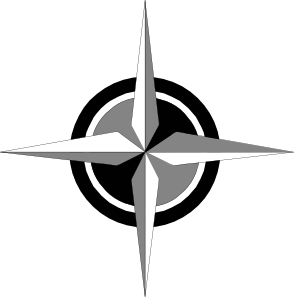Contingency Planning.
Captains live with their watch.
If the captain and navigator have done their plan well, they have a pretty good idea where they should be at the end of each hour.
They will also have a plan for which controls to skip if they are behind and which ones they'll add if they are ahead.
But a good captain is also monitoring his team. Jones had a cold when they started. Mid morning, and already he's running out of steam. The captain will be thinking about what route changes they can make to reduce his energy expenditure -- concentrate more on search type controls where you aren't moving very fast, but still moving enough to stay warm.
The weather is always worth watching when your out in it. That breeze is colder than you expected -- how can we reroute to avoid it. Cut of one control here and add that one there.
Someone developing a blister. Scrap the 15 point bonus, drop by the checkpoint early. Get him patched up, and stuff everyone with bananas and orange juice.
Training:
This one is largely an inside course. Draw up a finalized route plan. Give them the weather forecast of the day. Throw the map up on a screen. Now ask questions like the above. Change the weather. Change the speed of the team. Make a checkpoint not be there when they come out of the bush. (happened.)
Put up antoher map.
- "You are here. It's 9:30. Wind is NW at 10 kph. What are you thinking"
- "You are now here. It's 11:00 (expected to be here at 10:30) Wind has dropped, but sky is now 'cloudy bright' Temp is -8" What are you thinking.
- "You are now here. The weather has warmed up. Snow is wet and sticky.
- "You cross White creek here. You see that it has 3-4 inches of water and slush on top of the ice downstream as far as you can see. (the marked route has them crossing the creek on the way back.)
The idea is to teach the concept of "What if?"
Point out the advantages of the careful plan -- having a baseline to compare what you are doing with what you planned to be doing.
Runners live in the now. A good navigator is mentally a half an hour in front of the team, figuring out tweaks, looking for things that aren't on the map. A good captain is mostly in the future, playing what if, but aslo watching here/now.
